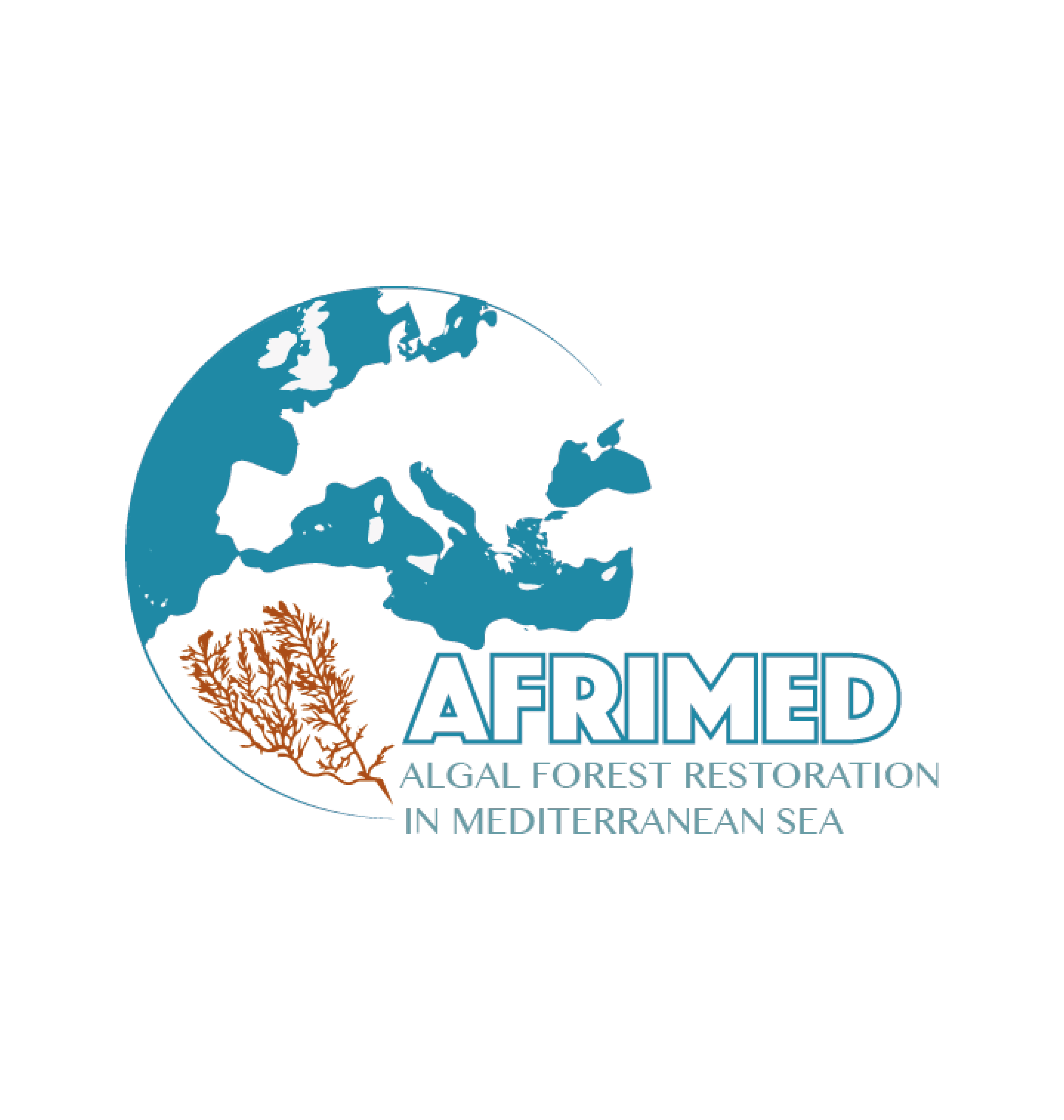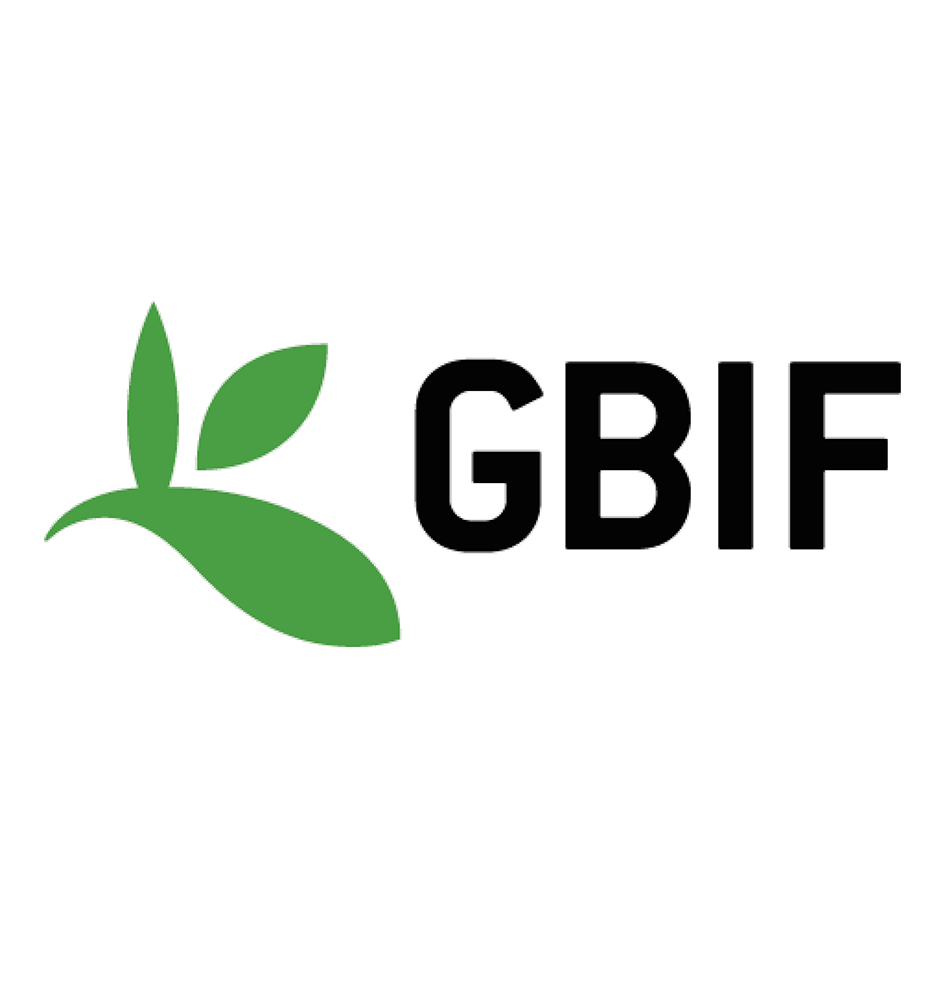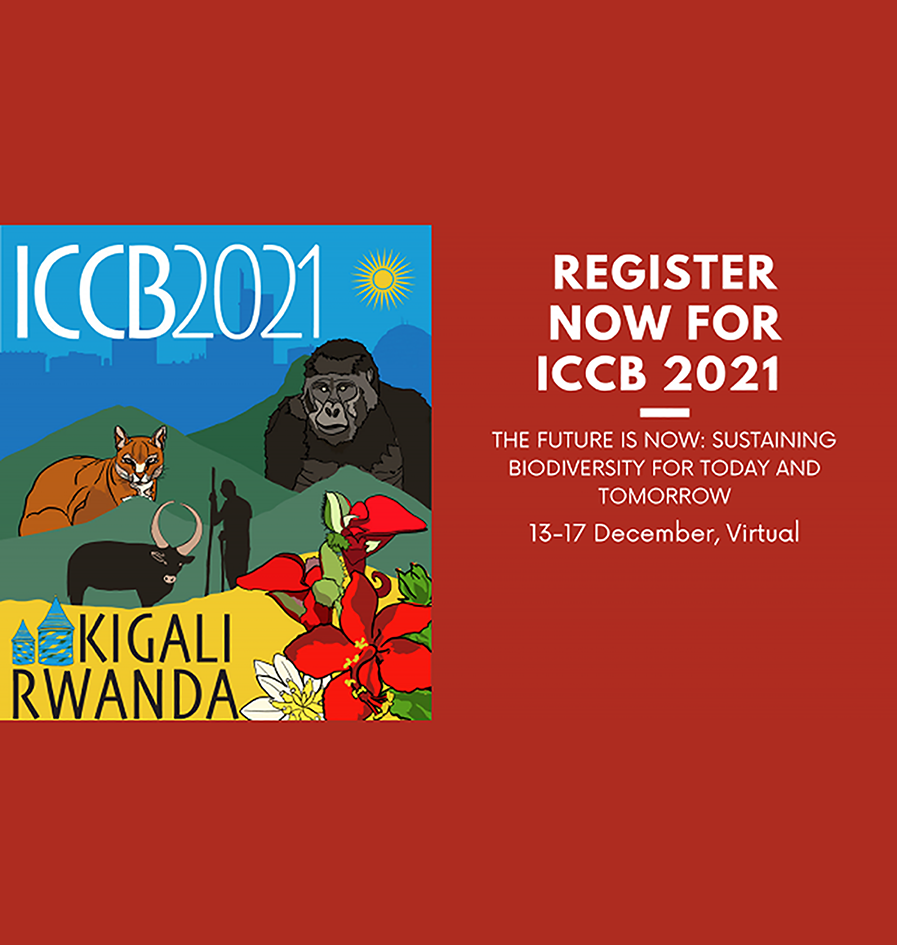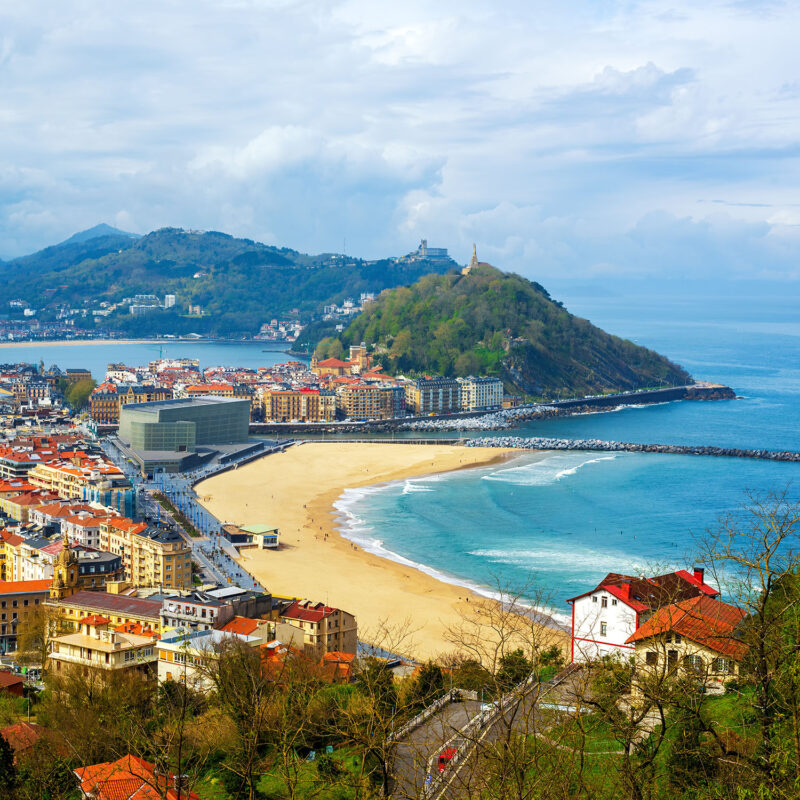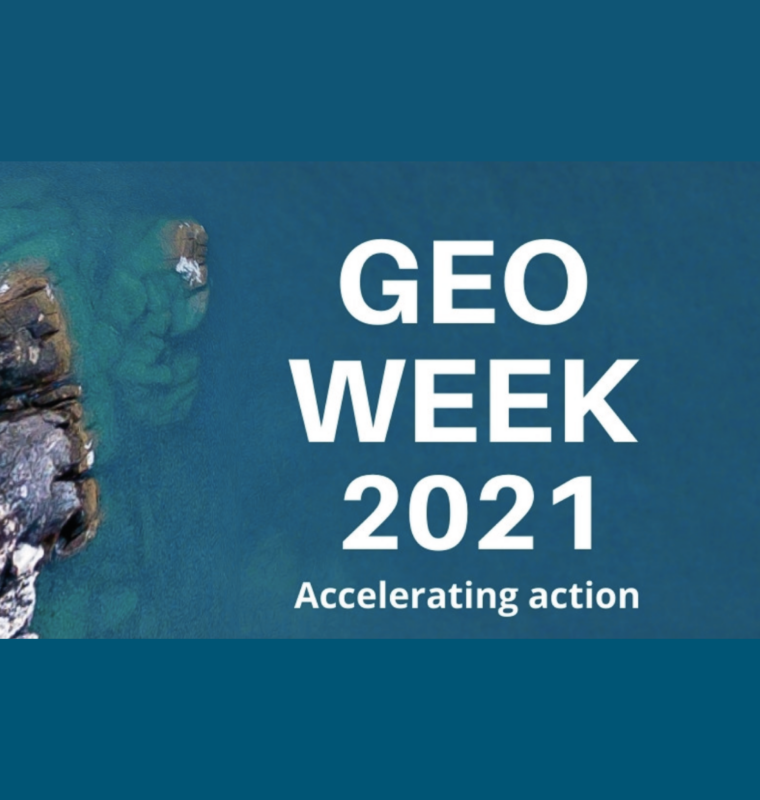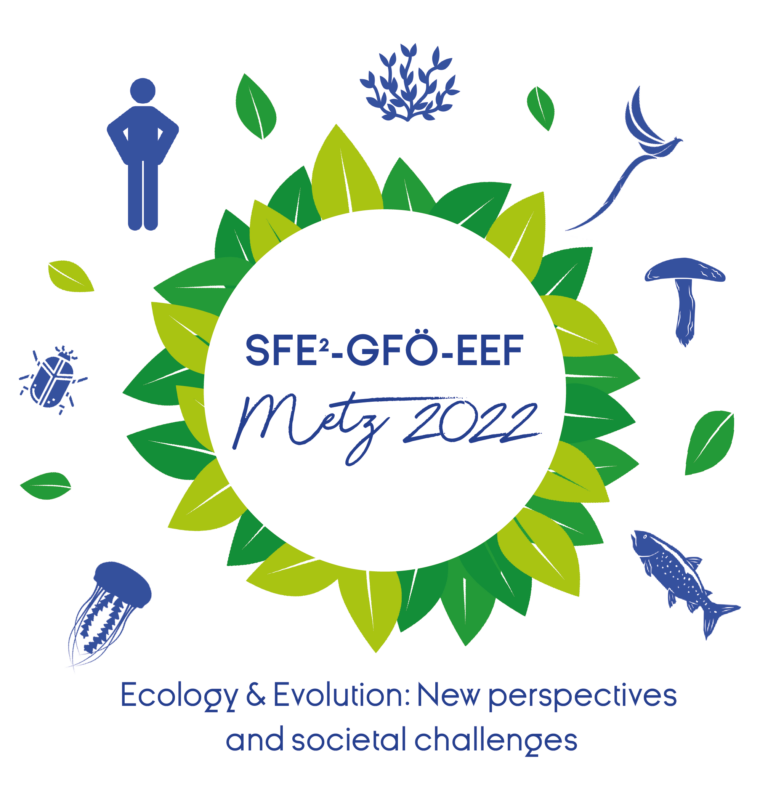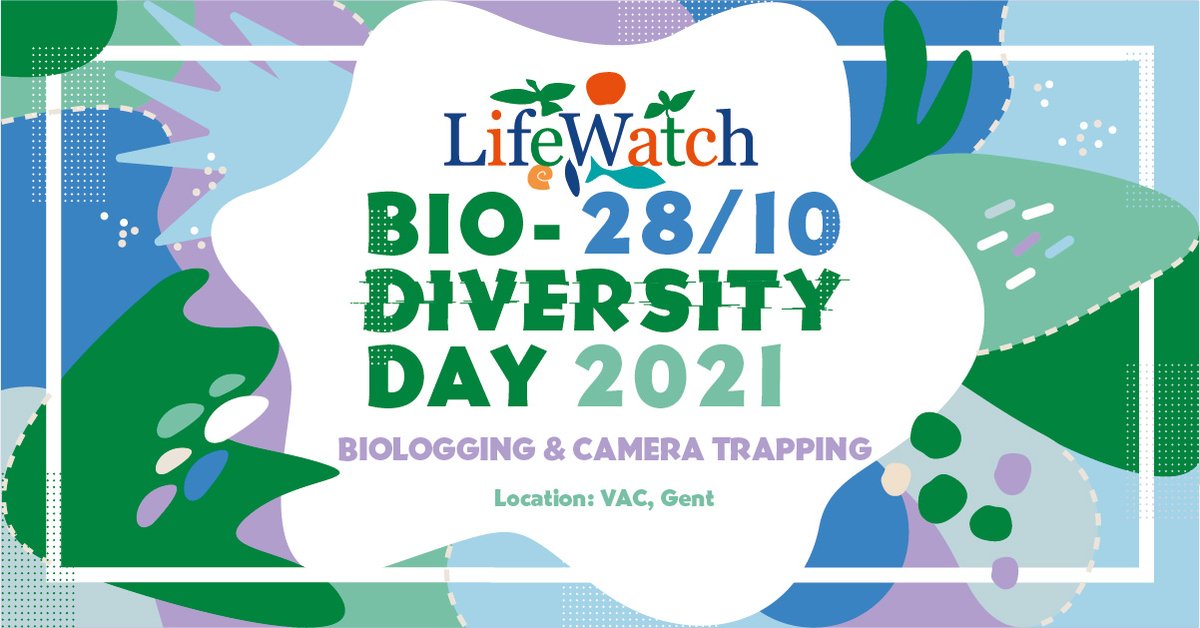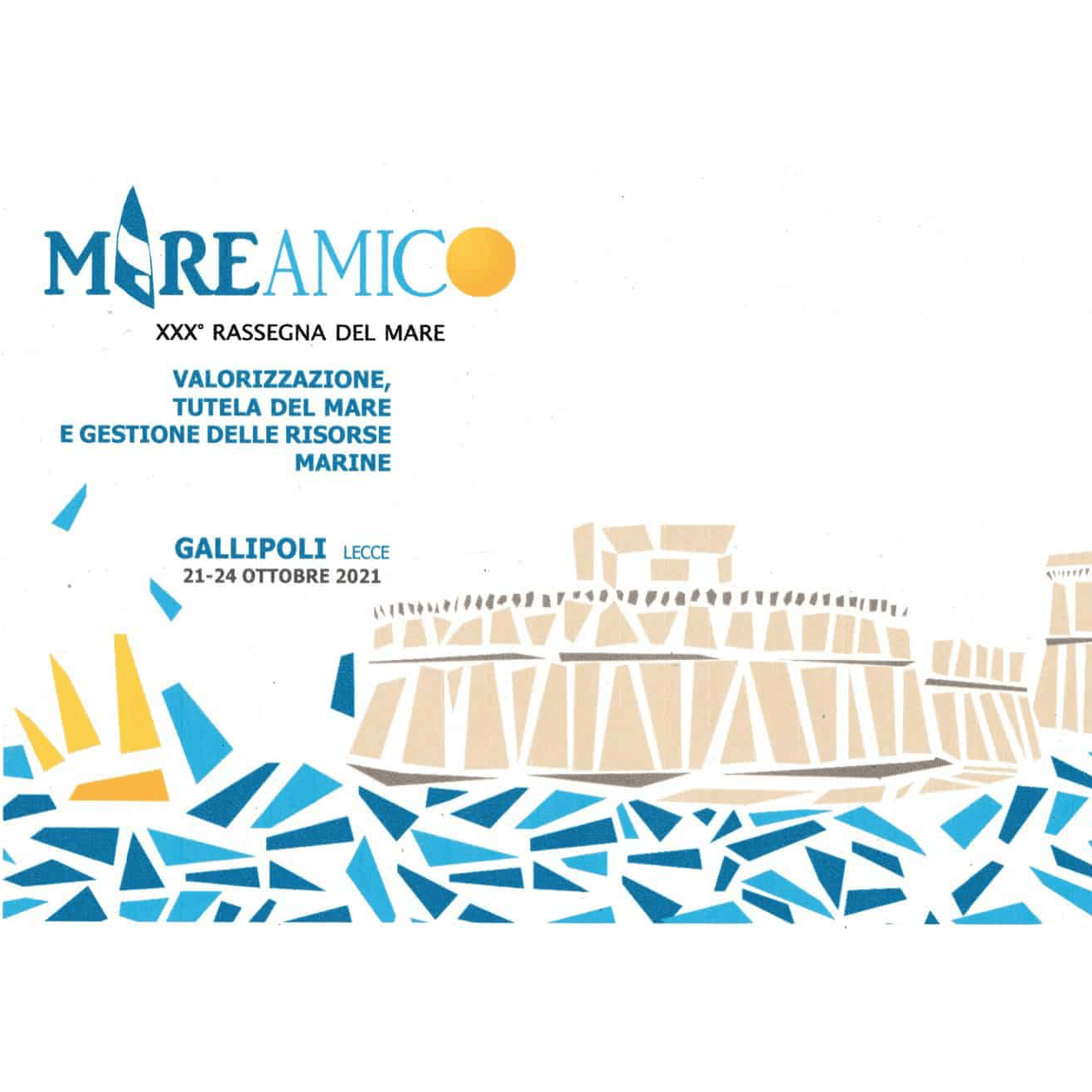Online, 22–26 November 2021. GEO has been focused on the use of Earth observations (EO) for environmental and societal impact for many years, however this year is one of the most important with major milestones linked to global policy agendas. The United Nations Climate Change Conference, also known as COP26, is the 26th Conference of the Parties to the United Nations Framework Convention on Climate Change (UNFCCC), there is also the Convention on Biological Diversity (CBD) COP15, the UN Decade of Ocean Science for Sustainable Development and the UN Decade of Ecosystem Restoration. These all bring a new set of challenges and opportunities for the international EO community. During GEO Week 2021, we will present the multidisciplinary activities of the GEO Work Programme that address these areas. Notably through the lens of nexus thinking to highlight how the use of EO in different sectors contributes to these efforts and why integration across thematic areas is essential.
This online event will include the GEO-17 Plenary, anchor sessions and side events, as well as a youth track and an industry track. Time will be scheduled each day for virtual networking. The 56th Executive Committee will be held as a closed meeting on Monday 22 November.
GEO-17 Plenary
The GEO-17 Plenary Session will be held 23–26 November.
Delegations
Plenary sessions will be broadcasted live and the session recordings will be made available afterwards. We hope to receive all delegation nominations before the start of Plenary-17.
Anchor Sessions and Side Events
These virtual, interactive events will take place throughout the week and aim to address the various aspects of the GEO work programme, as well as the nexus possibilities across activities. Recordings of the sessions will be made available on the GEO website. Side events are now closed.
Statements
Member statements will be made available on the GEO Week website on 23 November. The call for statements was published in July 2021.
Session descriptions
Opening Session: The first part of the GEO Week where all attendees will be provided with an overview of all planned activities, including welcome speeches and a keynote speech to set the tone for the week.
Plenary Sessions: Under the banner of Accelerating Action in GEO, a series of sessions will look at the GEO Work Programme, in particular progress on the GEO Engagement Priorities and the activities of the GEO Working Groups.
Anchor Sessions: These are the main events designed by GEO week 2021 organisers to explain the multidisciplinary nature of GEO through the concept of nexus thinking. Working on multiple topics simultaneously is essential in today’s rapidly changing environmental and social conditions. For example, work in one area will have a knock-on effect or impact in another area, including synergies and trade-offs. These events are linked to the global policy agendas that underpin most of GEO’s work.
Side Events: The side events highlight the activities of the GEO community engaged in the GEO work programme,including progress since the last meetings and plans for the upcoming period. Each session will last 50 minutes.
Virtual Networking: Breaks between sessions will provide an opportunity for attendees to meet and discuss GEO Week topics. This networking will take place in a separate, dedicated room.
More information here.
